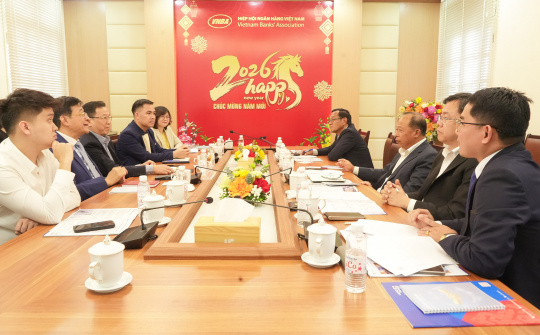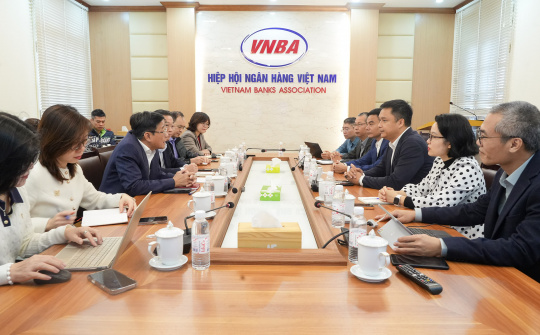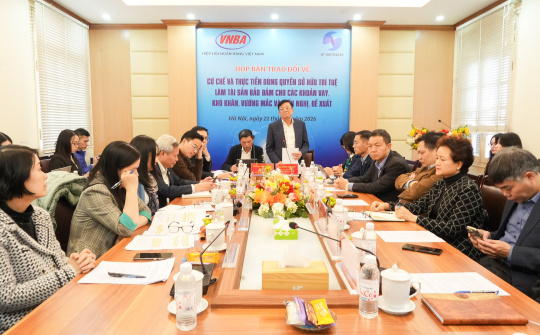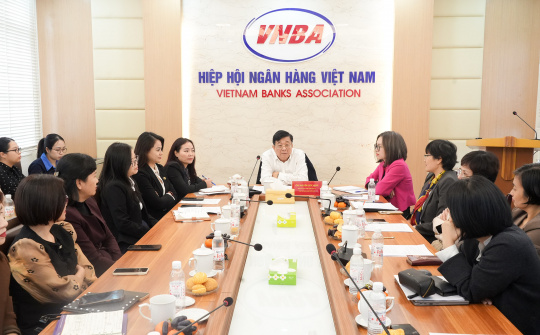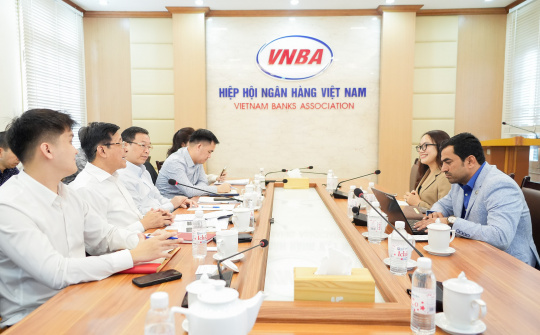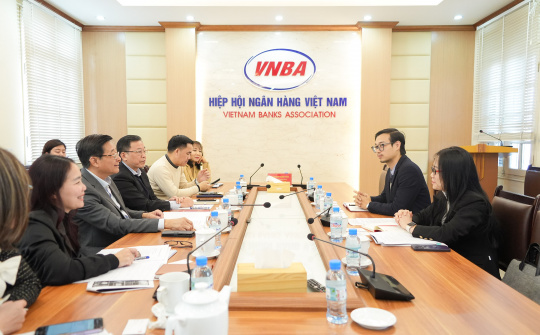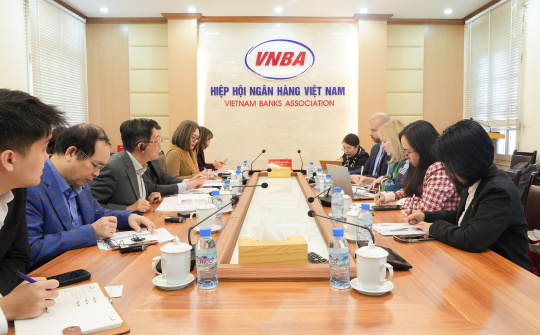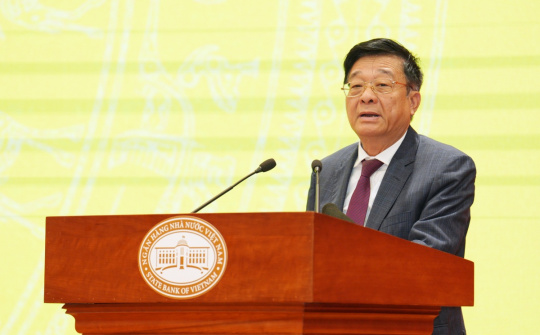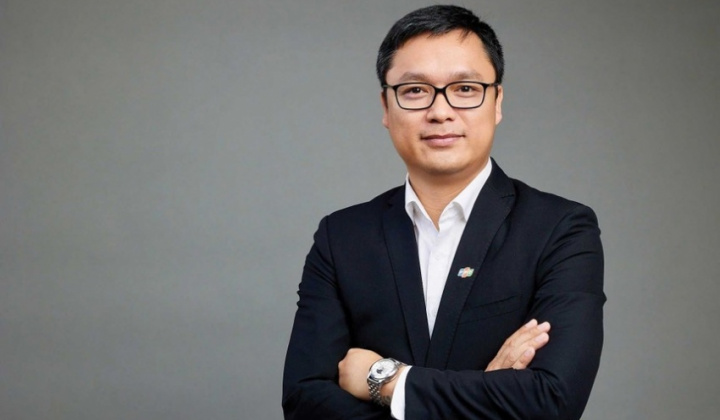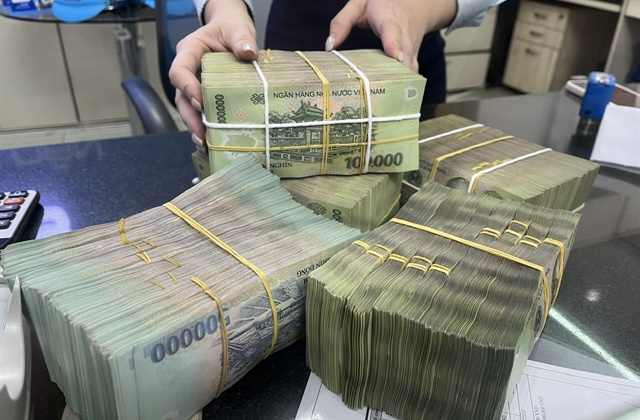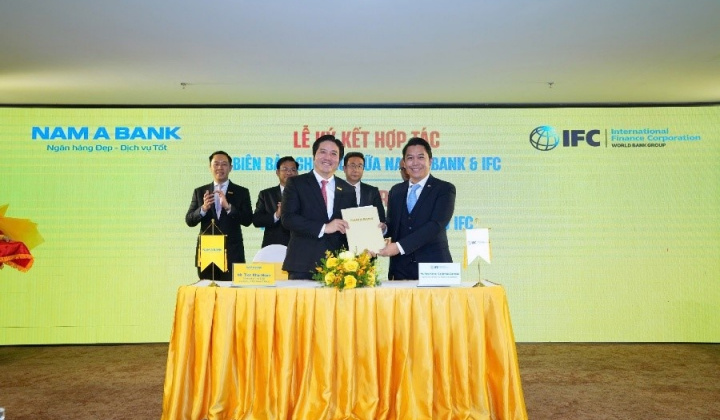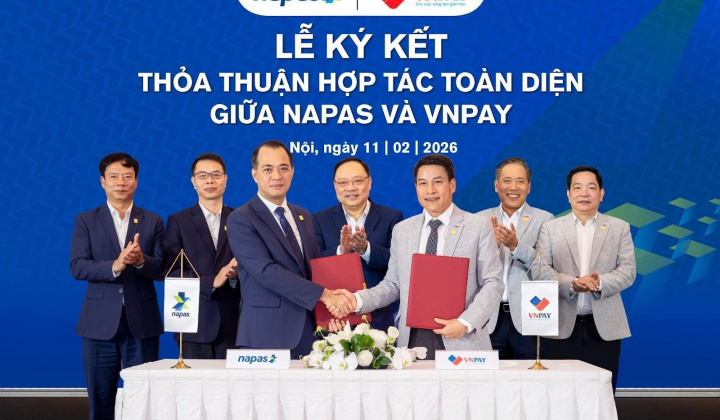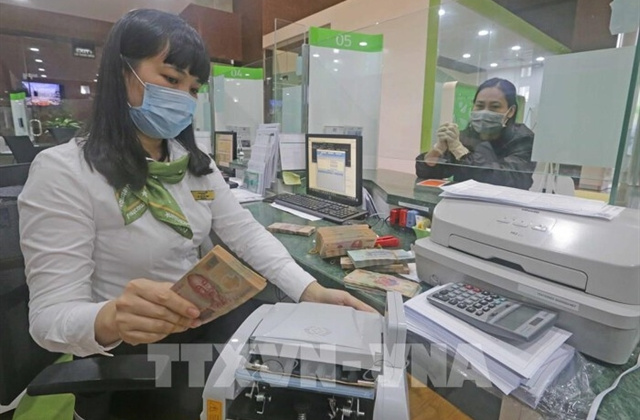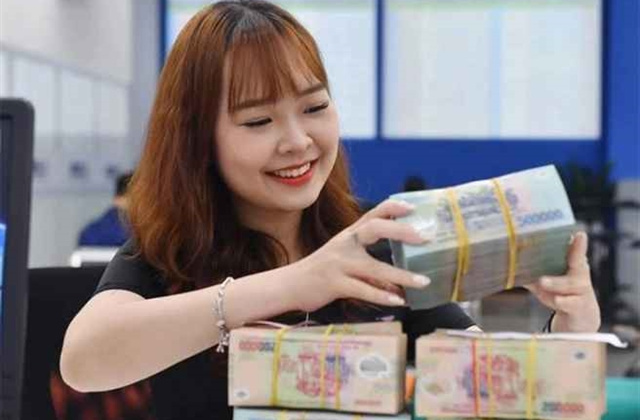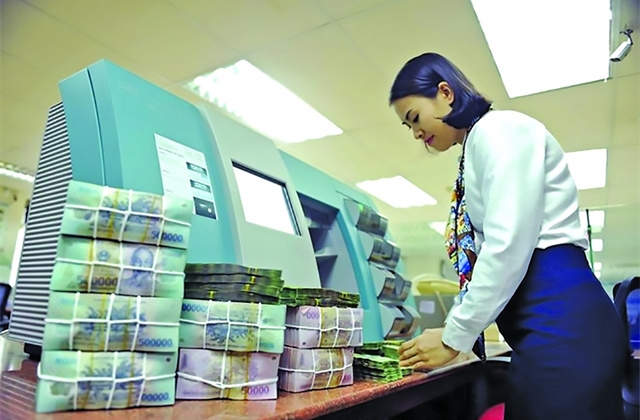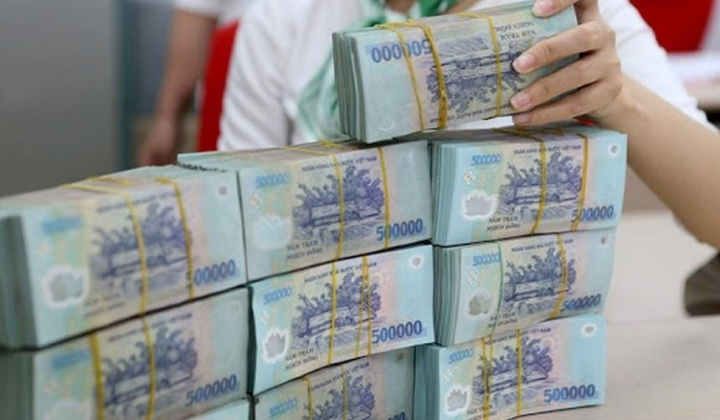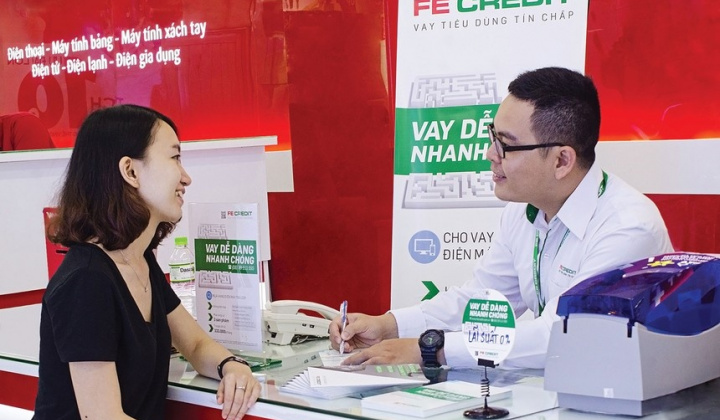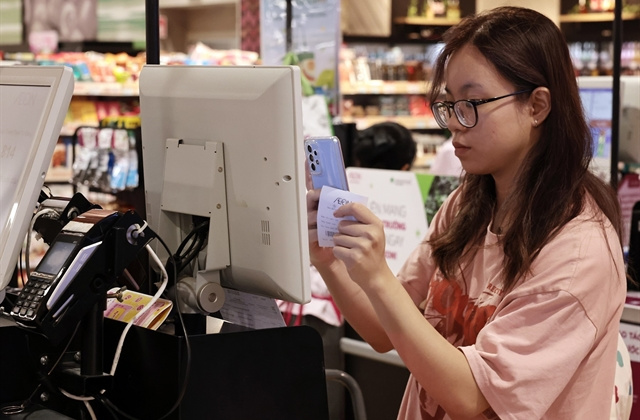
Vice Chairman cum Secretary General of the Vietnam Banks Association (VNBA) Nguyen Quoc Hung
The meeting took place within the framework of the 18th Meeting of the ASEAN Working Committee on Financial Inclusion. MAS is also looking for opportunities to expand cooperation with SBV in supporting small and medium enterprises (SMEs) through innovative financial services for cross-border business activities.
MAS representative wants to meet with VNBA to connect and seek cooperation opportunities between Singapore and Vietnamese banks, especially in providing capital to SMEs, building a platform for more information exchange between financial institutions in Singapore and Vietnam.

Mr. Eungene Goh, Deputy Manager in MAS
Through the meeting, MAS representative hopes to support SMEs, help with cross-border business activities and trade finance between the two countries.
In addition, Mr. Eungene Goh proposed to provide data with VNBA on issues such as credit risk, anti-money laundering, terrorist financing, trade finance, etc.
Speaking at the meeting, Dr. Nguyen Quoc Hung welcomed Mr. Eungene Goh's visit and appreciated the ideas raised by MAS. He said that currently, Singaporean SMEs investing in Vietnam do not have representative offices, which also leads to difficulties in supporting businesses and accessing capital, leading to high costs. Singapore is a developed country, and Vietnamese and international businesses are interested in researching the market and opening representative offices in Singapore. However, these businesses also face difficulties in accessing capital and capital must mainly be transferred from Vietnam to Singapore for investment. Some large, reputable, and prestigious businesses in Vietnam are also quite cautious about their plans to list on the Singapore stock exchange due to difficulties. Therefore, bilateral payment cooperation and cross-border payment between Vietnam and Singapore are very necessary, especially in the context of many businesses interested in and expanding their market in Singapore.

The meeting view
Dr. Nguyen Quoc Hung also hopes that in the coming time, he will coordinate with MAS to better understand the regulations between Vietnam and Singapore, share legal corridors and business regulations to have a suitable direction. Mr. Hung also added that the Vietnam Banking Association and the Singapore Fintech Association have worked together many times, showing that both countries are very interested in each other's activities.
On the other hand, building an information platform between businesses of the two countries through the Banking Association is not enough, this is an important content. According to him, this content needs further discussion because in addition to the banking sector, the participation of the Ministry of Industry and Trade, the State Bank of Vietnam, and Industry Associations is also needed to build a unified platform.
Regarding the implementation of cross-border payments, Vietnam has implemented QR Code payments with a number of countries such as Laos, Cambodia, Thailand, etc. This is an important premise, businesses can buy and sell goods and exchange trade between the two countries. This is also a condition for Vietnamese businesses to boldly do business in Singapore and vice versa, Singapore opens in Vietnam.

Two sides take photo
Currently, Vietnam has raised the issue of implementing bilateral payments with China, Japan, and South Korea. Although Singapore is not yet available, in the near future, Dr. Nguyen Quoc Hung believes that there will be cooperation and agreements. To do this, there needs to be a Government agreement between the two countries, building a merchant to ensure payment activities. He also hopes to implement bilateral payments to Singapore because a large number of Vietnamese people come to Singapore to study and work.
Regarding the coordination between the Vietnam Banking Association and the State Bank of Vietnam, it is very close, with sharing and empathy. The Banking Association not only protects the legitimate rights and interests of its member organizations, but is also responsible for implementing the State Bank's regulations to its members and requiring them to strictly comply. In addition, it also listens to the difficulties and problems of its members to make recommendations and proposals to the State Bank to make adjustments to suit the reality.
The representative of MAS expressed his gratitude for the useful information shared by the VNBA. He hoped that in the future there would be more working exchanges between VNBA and MAS, hoping that the relationship between the two countries would be increasingly closer and deeper.
N.A


